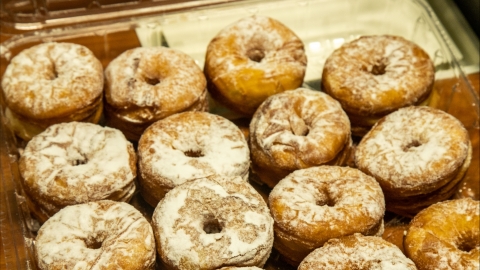Can people with cholecystitis eat sweets?
Generally, whether patients with cholecystitis can consume sweets depends on the specific stage and severity of their condition. If discomfort occurs, it is recommended to seek medical attention promptly. The detailed analysis is as follows:

During the remission phase of cholecystitis, when there is no abdominal pain, bloating, or other discomfort and digestive function has largely recovered, small amounts of low-sugar, low-fat sweet foods may be consumed. Examples include low-sugar yogurt and a small portion of fresh fruit. These types of sweets have minimal stimulation on the gallbladder, and moderate intake can satisfy taste preferences. However, consumption should be controlled to avoid excessive digestive burden.
During an acute episode of cholecystitis, especially when accompanied by severe abdominal pain, nausea, vomiting, or fever, eating sweets is not advisable. At this stage, the gallbladder is inflamed, and sweets may stimulate gastric acid secretion, indirectly triggering gallbladder contraction and worsening pain. Moreover, high-sugar foods may impair digestive function and hinder recovery.
Avoid high-sugar, high-fat sweets such as cream cakes and chocolate. Pay attention to your body's response after consuming sweets, and discontinue immediately if abdominal discomfort occurs. Do not eat sweets on an empty stomach to prevent irritation to the gastrointestinal tract and gallbladder. Maintain a light, low-fat diet in daily life; sweets should only be an occasional treat and should not be consumed frequently.







